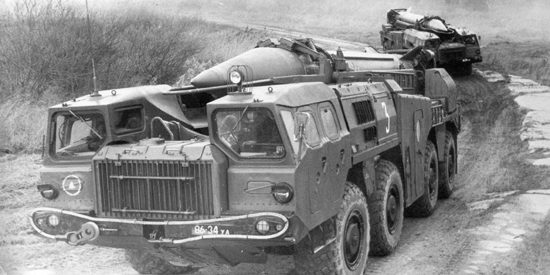Facts
| NATO Designation | SS-1d Scud-C |
| Missile Variants | Scud-A, Scud-B, Scud-D |
| Mobility and Role | Short-Ranged Ballistic Missile |
| Designer/Producer | Makeyev OKB |
| Range | 550 km |
| Warhead Type | Conventional, Chemical |
| Yield | 600 kg (Conventional) |
| Guidance System/Accuracy | Inertial/550 CEP |
| Stages/Propellant | 1/Liquid |
| IOC/Retirement | 1965/Still Active |
| Status/Number of Units | Operational/Unknown |
| Launch Vehicles | Transport-Erector-Launcher (TEL) |
Overview
Originally developed by the Soviet Union and deployed in 1965, the Scud-C has long since been replaced in Russia by the more reliable SS-26 Iskander. While the Scud-C has not proliferated to the extent of the Scud-B, it still remains relevant and operational in several countries around the world. The Scud-C is an “improved” version of the Scud-B, however, it still has poor accuracy with a CEP of 900 km and lacks the nuclear capability of the Scud-B. This has led to less reliance of the Scud-C except for “general bombardment.” The only real area of improvement for the Scud-C over the Scud-B is that it has an increased range of 550 km.

